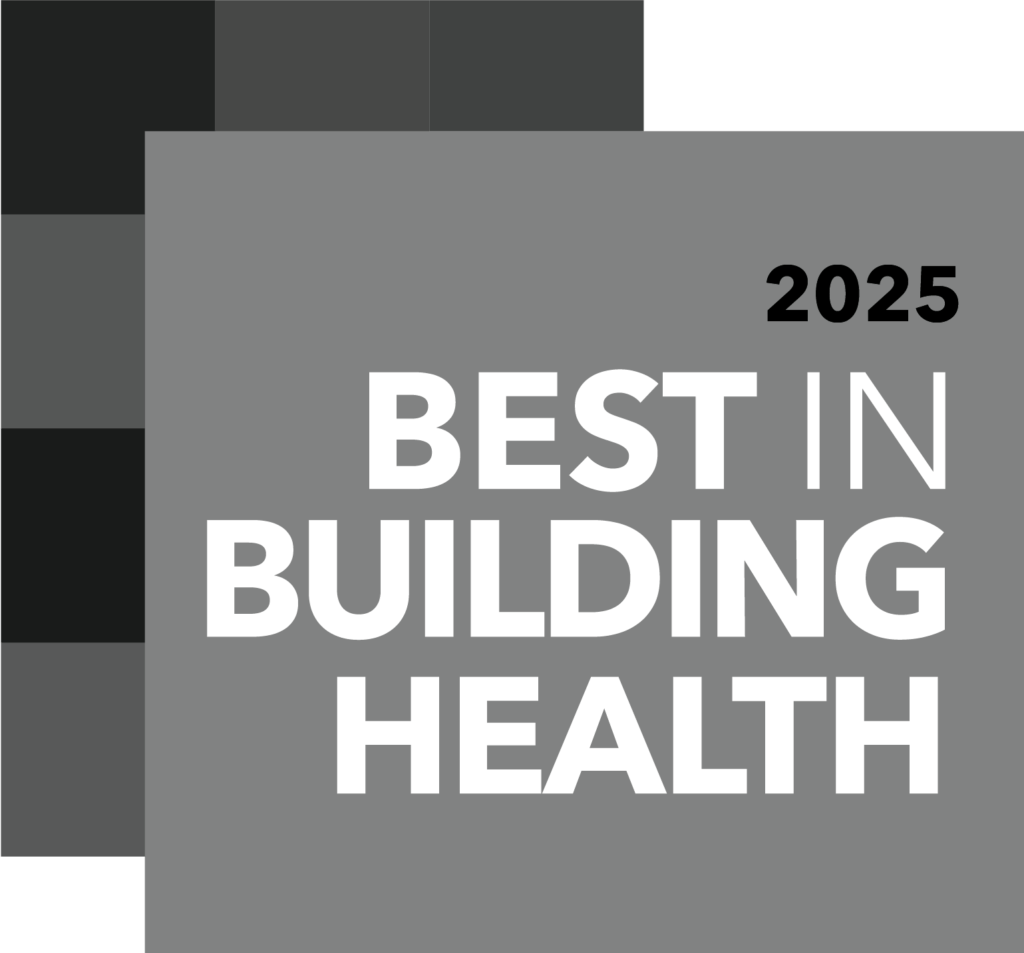
Thought
Green Building Certification for Operational Buildings: which to choose?
Since the first green building certification standard, BREEAM, was launched in the UK in 1990, the number of sustainability related certification initiatives for the built environment has grown. There are now hundreds operating around the world. While the early certification standards focused on the design and construction of new buildings, there are now a plethora of standards that assess the operational performance of existing buildings. Indeed, the 2021 GRESB Real Estate Reference Guide lists over 70 “operational green building certification schemes”.
From an asset owner’s perspective, there are various drivers for targeting green building certification. One of the most significant aspects is the increasing body of evidence that demonstrates the business case for and value of green buildings, including reduced operational costs, improved occupant productivity and increased asset value. Results from a recent RICS Global Commercial Property Monitor survey showed that around 75% of global respondents believe that green certified buildings achieve a rent or price premium over comparable non-certified buildings, either through a green premium or a brown discount.
As the demand for green building certification continues to grow, asset owners and investors are now faced with an overwhelming choice of certification standards. The scope and applicability of certification can vary significantly between the different standards. Some can be applied internationally, while others are country or location specific; some provide a holistic consideration of sustainability issues, while others focus on a particular topic (e.g. energy or health and wellbeing); and some can assess a range of asset types, while others cover a single sector (e.g. housing).
To help the real estate sector navigate this diverse green building certification landscape, EVORA has recently published a new guide that provides an overview of four of the leading green building certification standards for operational buildings used in Europe:
- BREEAM In-Use
- DGNB System for Buildings In Use
- HQE Buildings in Operation
- LEED for Operations and Maintenance
While there are various similarities between the four certification standards, there are also considerable differences between the four approaches both in terms of the certification processes and the technical requirements. As such, it is very difficult to compare the merits and value of a specific certification rating for one standard against a rating from one of the other standards. Consequently, the selection of the most suitable certification standard will be project specific and should be informed by the project team’s sustainability aims and objectives for each asset. Location and local market factors may also steer the choice of certification.
Regardless of the differences between the standards, all set requirements that aim to reward performance above standard practice for existing buildings. Therefore, any rating achieved against any of the standards would demonstrate a level of sustainability performance beyond that of an average building of a similar type. Achieving any of the higher ratings would demonstrate projects as being high performing buildings with excellent sustainability credentials.
In a post-pandemic world and with the urgent need for the built environment to decarbonise to meet net zero carbon trajectories, there will be an increasing demand for asset owners and investors to demonstrate the value of their assets, with an asset’s sustainability performance a key factor in this. As such, third party assessed green building certification will continue to be regarded as good evidence that an asset’s sustainability impacts are being appropriately considered as part of its operations and management.













